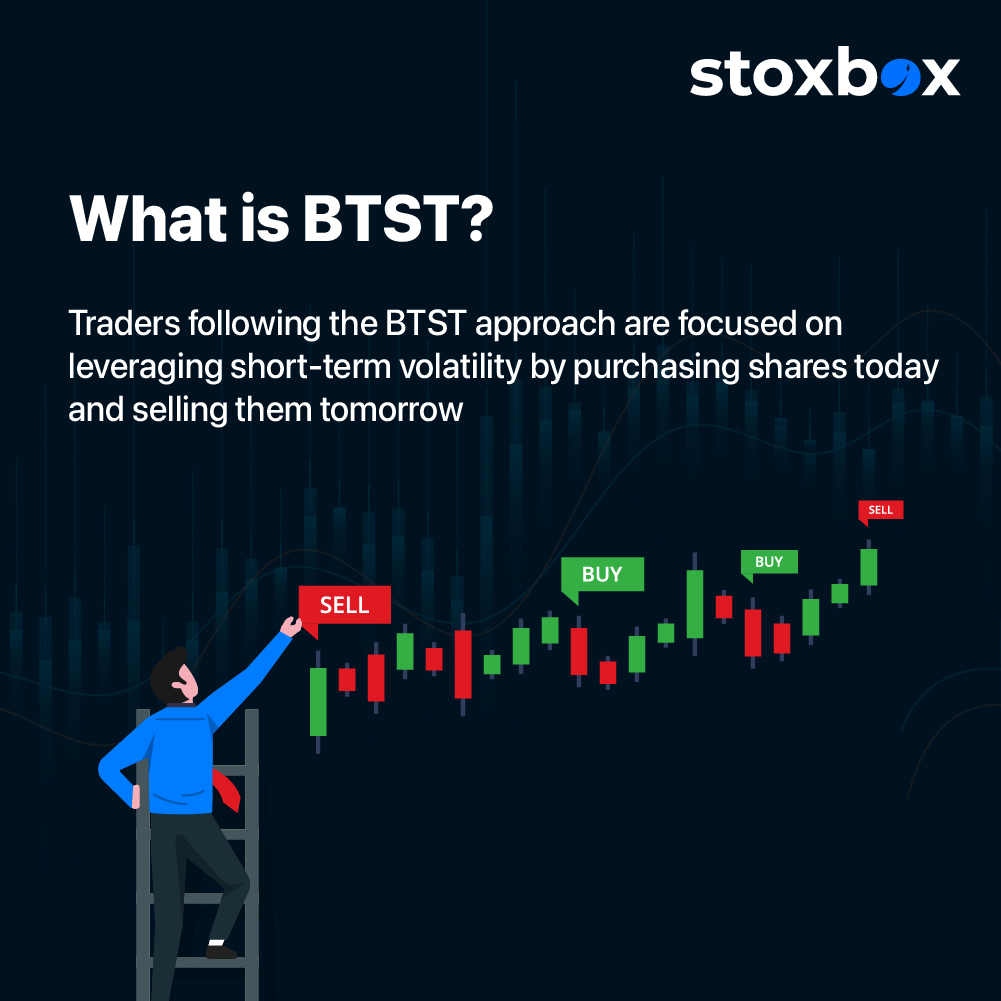Risk administration is a fundamental skill in the fast-paced world of trading that can mean the difference between victory and critical financial misfortune. Experienced traders understand that minimizing losses is just as important as maximizing profits. Here are some fundamental exchanging risk administration tips.

Understanding Risk: The Foundation To Share Market
Investors who have recently entered the market must understand the concept of risk. Risk means the possibility of financial loss while trading stocks. It is influenced by a variety of factors, including market volatility, financial events, and individual trading strategies. A thorough understanding of chance is the foundation upon which viable risk management techniques are built.
Set Realistic Goals and Limits
Successful traders set clear and realistic goals for their investments when they plan to invest in stock market. They establish profit targets and, equally importantly, set limits on potential losses. Setting a stop-loss order, a predetermined point at which trade will be closed to limit losses is a common practice among traders. By defining these limits, traders avoid emotional decision-making during volatile market conditions.
Diversification: Spreading the Risk
Learn trading and diversification, as it is an important concept and involves spreading investments across different assets, sectors, or markets. By not putting all their eggs in one basket, traders reduce the impact of a poor-performing asset on their overall portfolio. It is a powerful risk management tool, as it helps mitigate losses if a particular market or sector experiences a downturn.
Risk-Reward Ratio: Finding the Balance
Setting up a risk-reward proportion is one of the most important investment tips for making educated exchanging choices. The RR proportion compares the potential benefit of an exchange to the potential misfortune.
For example, in case a trader is willing to risk $500 on an exchange in Sensex, they might set a benefit target at $1000. A favorable risk-reward proportion guarantees that potential picks exceed potential misfortunes, giving a pad against unfavorable advertised developments.
Continuous Learning and Adaptation
The financial markets are dynamic, and Successful traders should invest time in continuous learning and stay updated on market trends, economic indicators, and intraday trading strategies. By staying informed, traders can adapt their approaches to changing market conditions, minimizing the impact of unforeseen events on their investments.
Avoid Emotional Trading
Emotional trading, is one of the trading tips which is driven by fear or greed, which leads to decisions that result in significant losses. Discipline and emotional control are critical aspects of risk management. Experienced traders stick to their trading plans, avoid impulsive actions, and remain calm under pressure, ensuring that emotions do not cloud their judgment.
Regularly Review and Adjust Strategies
Traders should regularly review their trading strategies and performance and be updated on various share tips for upcoming tips from experts. Analyzing past trades helps identify patterns and mistakes, enabling traders to refine their strategies and improve decision-making. Adjusting strategies based on past experiences is a proactive approach to risk management, allowing traders to adapt to changing market dynamics.
Conclusion:
Effective risk management is the cornerstone of successful trading. And you can use a stock learning app for better and simpler way to understand the nature of risk, setting realistic goals and limits, diversifying their investments, maintaining a favorable risk-reward ratio, continuously learning, avoiding emotional trading, and regularly reviewing and adjusting their strategies
Traders can minimize losses and enhance their chances of long-term profitability in the challenging world of trading by using any trading app or website. Remember, managing risk is not just a strategy; it is a mindset that separates successful traders from the rest.